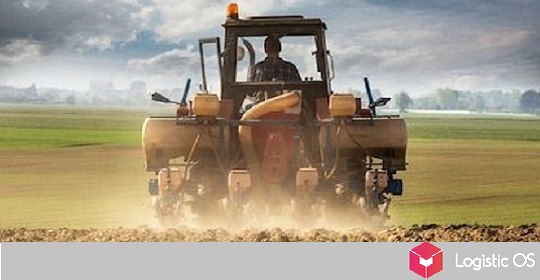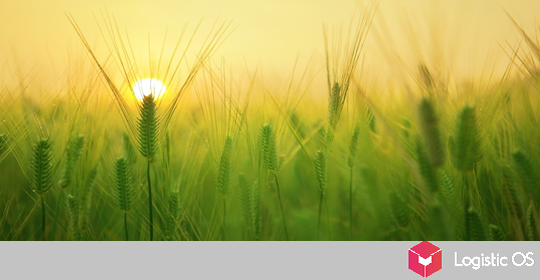The Ministry of Agriculture proposes in 2022 to refuse state support in the form of reimbursement of part of CAPEX when implementing projects in the agro-industrial complex.
According to the department, this will increase the amount of funds attracted for investment.
So, for 1 ruble of subsidies, which are directed to CAPEX, about 8 rubles of investment are attracted, while for investment loans for 1 ruble, on average, 20 rubles are attracted, and for short-term lending this figure reaches 31 rubles.
CAPEX is a subsidy to reimburse part of the costs incurred for the creation and amortization of agricultural facilities.
Such a measure of state support was introduced as a temporary one, in order to reduce the dependence of the domestic market during the period of imposition of sanctions, and to level the cost of imported components against the background of rising exchange rates.
And as the directions are strengthened, state support should be reduced.
Of course, if we talk about large, long-term projects at their initial stage, then concessional lending will undoubtedly be of interest to investors.
But for short-term or already completed projects, this option is less interesting than reimbursement of part of the capex.
It should also be taken into account that subsidizing a part of CAPEX is subsidizing a finished or practically finished project that is already ready to start work and bring results.
And investing at the beginning of the project raises questions from analysts: in particular, it is precisely the temporary delay in putting the facility into operation. And will there be any input at all?
And we must not forget that the current state support measures are a significant «plus» for banks when making credit decisions.

Previously, the investor had access to both options of state support, and he did not have to choose which way to go, when to use both.
And if such a choice arises, then it is logical to assume that some non-core investors will lose interest in this industry.
This situation already happened in 2019, when the return of part of CAPEX for the construction of greenhouses was canceled: there was a sharp decline in investment in the industry.
The return of CAPEX is strategically important for the implementation of the import substitution program, experts say.
Another important point: there are many projects in the agro-industrial complex with a long payback period and the return of part of CAPEX reduced this time period by about a quarter.
Cancellation of the subsidy will cause an increase in the payback period, and investors will have a different assessment of risks.
Perhaps it would be more logical not to cancel the mechanism for reimbursing a part of CAPEX, but to provide it pointwise only to certain areas of the agro-industrial complex that need it for development.
At least until food security targets are achieved (which will take five to seven years), maintain existing comprehensive support to producers.

